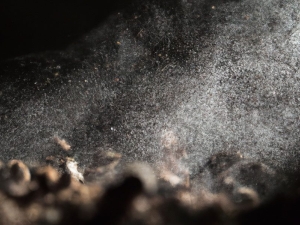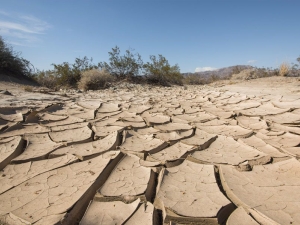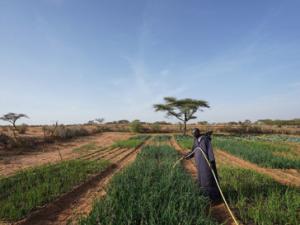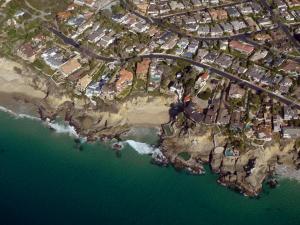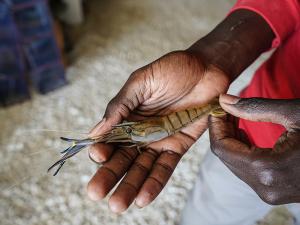

Research Bio
Justin Remais is an engineer and environmental health scientist whose research focuses on the transmission and control of infectious diseases in changing environments. He studies how urbanization, migration, climate variability and other changes affect the spread of pathogens and risks of the diseases they cause. Remais’s group develops models that integrate epidemiology, environmental science, and social data to forecast disease risks and assess public health interventions. His work is advancing our understanding of how sanitation, water, and climate systems will shape the future of global health in the decades to come.
Prof. Remais' group was the first to show that famine induces long-term and intergenerational effects on infectious disease transmission (PNAS), and he led the first international research effort to estimate the burden of water, sanitation and hygiene-attributable infectious diseases across China in the presence of a changing climate (Nature Climate Change). He also led an international team that published seminal work in The Lancet on the health consequences—both adverse and beneficial—of rapid urbanization in China, and its interaction with population aging and other sociodemographic trends. Professor Remais has led (as PI or co-PI) >$17 million in extramural research projects since being appointed to the Berkeley faculty in 2016.
He is Professor and Chair of Environmental Health Sciences at UC Berkeley’s School of Public Health where he teaches and mentors students in environmental and epidemiological modeling, risk analysis, and global health policy.
Research Expertise and Interest
Infectious disease dynamics, methodological issues in infectious disease surveillance, infectious diseases, infectious disease epidemiology, global environmental change, climate change, global change, urbanization, mathematical modeling, computational modeling



